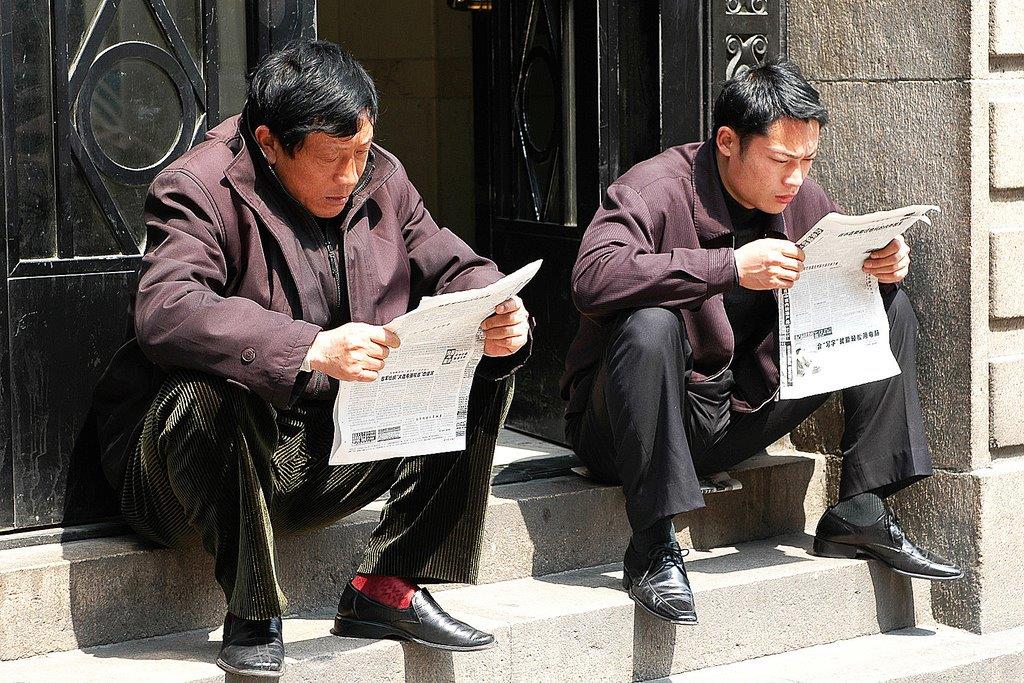An Oxford historian’s book has reached number one in China’s bestseller lists.
Dr Peter Frankopan’s book, The Silk Roads: A New History of the World, shows the importance of the east and the role it had in shaping modern Europe.
UK-based academics regularly feature in The Sunday Times bestseller lists and the shelves of booksellers like Waterstones, but the enormous market in China is harder to break.
But Dr Frankopan’s book was translated into Chinese and it seems to have struck a chord with readers in the country.
‘For it to go to No 1 – and not only in Non-Fiction but across all genres - is slightly mind-boggling,’ he says. ‘I was in Beijing last week and at the airport looked up and saw a wall of my books staring back at me.’
The book has been a bestseller in many countries around the world, and Dr Frankopan thinks recent developments in global politics have encouraged people to turn to history.
‘I think it appeals to China for many of the same reasons it appears in the UK, in India and South Asia, the Gulf and other parts of the world,’ he says. ‘The world feels like it is changing rapidly around us and that prompts many to question why.
‘As a historian, I think that understanding the past is the key to making sense of the present day. I think where The Silk Roads hits a nerve is where it make connections and draws together the Middle East, Russia, China and South Asia and much more besides into a coherent whole and tries to show causes and effects over long distances and time periods.’
He says China’s rapid emergence as a leader on the world stage and a global economic power may have made the book more relevant for a Chinese audience.
In particular, the book has implications for the government’s One Belt, One Road initiative which is pumping hundreds of billions of dollars into a 'Silk Road' network of around 60 countries in Asia and Europe.
‘China is in the process of re-discovering the Silk Roads of the present and future through the very ambitious One Belt, One Road initiative which is fast becoming Beijing’s signature foreign and economic policy of the early 21st century,’ he says.
‘That means that it is not just historians reading the book but politicians, administrators, business people and those working on infrastructure projects across Asia and Africa.’
‘China is trying to feel it’s way in a changing world, partly because China itself is transforming all the time, but so too are its neighbours and also the global situation too which is on the move here, there and everywhere.
‘Chinese historians too are finding the need to shift what they look at and to look at peoples, places and regions beyond China – and to understand how the bigger picture fits together.’
